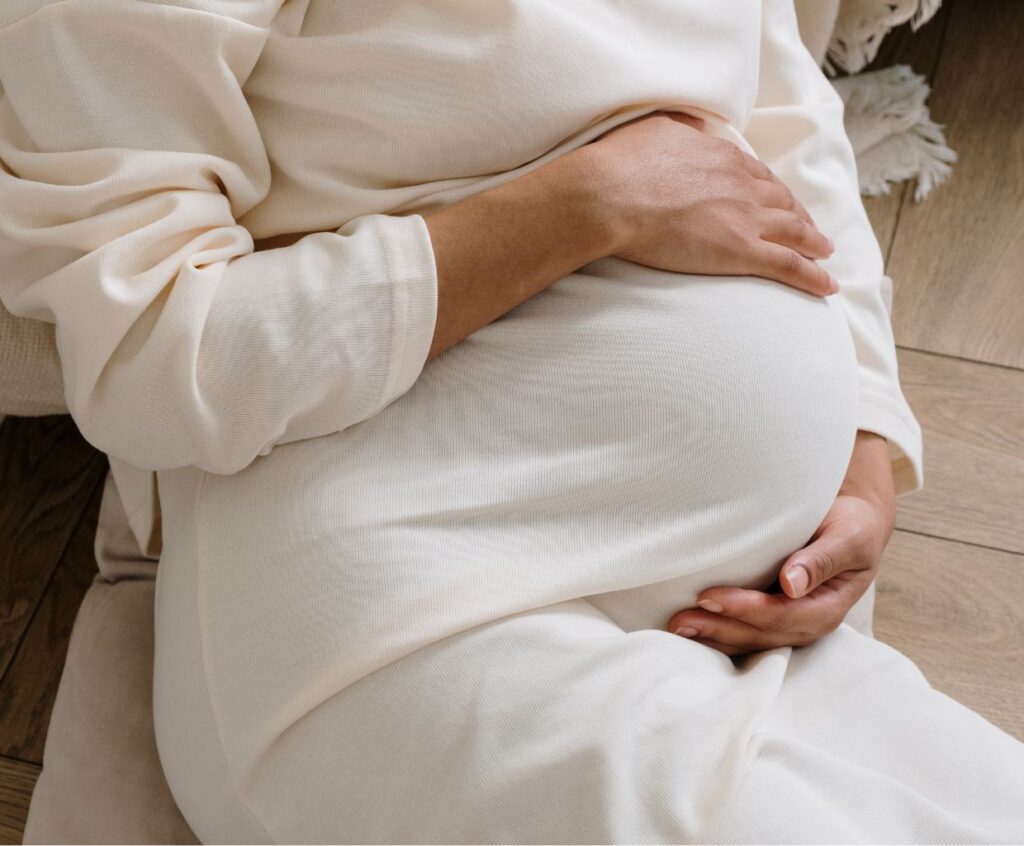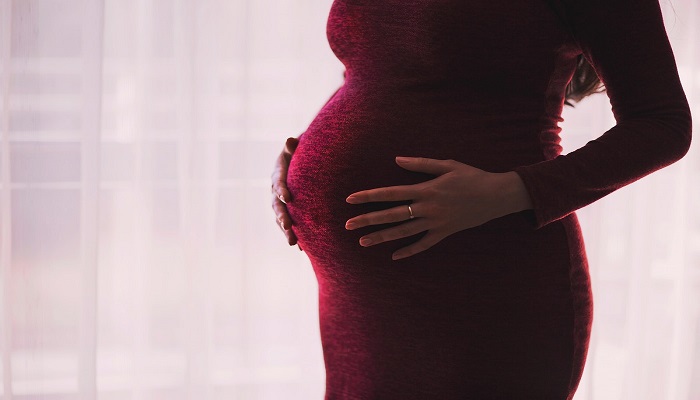What Pregnancy Does to Your Body: A Comprehensive Guide to Changes and Transformations
Pregnancy is an incredible journey that brings about numerous changes and transformations in a woman’s body. From the moment of conception to the birth of a beautiful baby, every step of the way is filled with remarkable developments.
In this article, we will explore how pregnancy affects your body and how it prepares you to bring new life into this world.

The First Trimester
Morning Sickness
One of the most common symptoms during the first trimester is morning sickness. Despite its name, it can occur at any time of day and leaves many expectant mothers feeling queasy. Hormonal changes and increased estrogen levels are believed to be the primary culprits behind this discomfort.
Changes in Breasts
During pregnancy, your breasts undergo significant changes to prepare for breastfeeding. They may become tender, swollen, or even feel heavier. Additionally, your nipples may appear darker and more prominent as they become more sensitive.
The Second Trimester
Growing Belly
As your baby continues to grow, your belly will gradually expand. The second trimester is often called the “honeymoon phase” of pregnancy since many women experience relief from morning sickness and feel a boost in energy levels. Embrace your blossoming belly as a sign of the beautiful life growing within you.
Stretch Marks
With the expansion of your abdomen, it is common to develop stretch marks. These reddish or purplish lines may appear on your belly, breasts, hips, and thighs. While they are a natural part of pregnancy, they often fade over time, and various creams and oils can help moisturize your skin.
The Third Trimester
Weight Gain
During the final trimester, your baby gains the most weight, which means you may also experience weight gain. This weight gain is necessary for the healthy development of your baby and to provide the necessary nutrients. Remember, every woman’s body is unique, and the weight gained can vary.
Braxton Hicks Contractions
In preparation for labor, you may experience Braxton Hicks contractions. These practice contractions help your body prepare for the real deal. They are often described as a tightening or squeezing sensation in the abdomen and are typically irregular and painless.
How is your body changing during pregnancy?
There are breast changes during pregnancy you should expect almost from day one. Blame the hormones. As hormone levels increase,… So do blood flow and tissue growth in the breasts. This may cause your breasts to feel tender, swollen, and heavy. Your nipples and areolas may also darken in color.
Additionally, you may notice changes in your skin during pregnancy. Some women develop a pregnancy glow caused by increased blood circulation and hormonal changes. However, others may experience acne or skin discoloration due to hormonal fluctuations.
Your body will also change your reproductive organs. Your uterus will expand to accommodate the growing baby, which may cause discomfort and pressure in your pelvic area. As the pregnancy progresses, you may also experience round ligament pain, a sharp or stabbing sensation on the sides of your abdomen.
Furthermore, your cardiovascular system will work harder during pregnancy. Your blood volume will increase, and your heart rate will rise to supply enough oxygen and nutrients to your growing baby. This can lead to increased blood pressure and may cause you to feel lightheaded or short of breath.
Other expected changes during pregnancy include weight gain, a growing belly, and changes in your posture. Your ligaments and joints will become more relaxed due to hormonal changes, which may lead to changes in your gait and balance.
It’s important to remember that every woman’s pregnancy experience differs, and these changes can vary from person to person. If you have any concerns or questions about your body changes during pregnancy, it’s best to consult with your healthcare provider for personalized guidance and support.
How long does pregnancy last?
You and your baby go through rapid changes each week during your pregnancy. For 40 weeks, your body works to create a new life and form the intricate body systems in your baby. Pregnancy is divided into three trimesters that signal different periods of development.
The first trimester encompasses weeks one to 13. During this time, the fertilized egg implants itself in the uterus and begins to develop. The second trimester lasts from weeks 14 to 27, and it is during this time that the baby’s organs and body systems continue to grow and develop. The third trimester spans from weeks 28 to 40, and it is the final stretch of pregnancy, where the baby gains weight and prepares for birth.
On average, pregnancy lasts about 40 weeks or nine months from the first day of the last menstrual period to the baby’s birth. However, it is essential to note that not all pregnancies last 40 weeks, and some may end earlier or go beyond this duration.
How does pregnancy affect the cardiovascular system, and what changes occur in blood volume and circulation?
During pregnancy, the cardiovascular system undergoes significant changes to meet the demands of the developing fetus. Hormonal and physiological adaptations primarily drive these changes.
1. Increased blood volume: Blood volume increases by around 30-50% during pregnancy. This increase is necessary to supply oxygen and nutrients to the growing fetus and meet the mother’s metabolic needs. The expansion of blood volume helps prevent maternal hypotension and ensures adequate perfusion of organs.
2. Increased cardiac output: The amount of blood pumped by the heart per minute increases by 30-50% during pregnancy. This increase is mainly due to increased stroke volume (the amount of blood pumped with each heartbeat) rather than an increase in heart rate. The elevated cardiac output helps meet the mother’s and fetus’s increased metabolic demands.
3. Increased heart rate: While the heart rate generally remains within normal limits during pregnancy, it may increase slightly, especially during physical activity. This increase in heart rate is a response to the increased cardiac output required to supply oxygen and nutrients to the developing fetus.
4. Decreased systemic vascular resistance: Systemic vascular resistance decreases during pregnancy, which refers to the resistance to blood flow in the blood vessels. This is primarily due to the effects of hormones like progesterone and estrogen, which cause relaxation of the smooth muscles in the blood vessel walls. Decreased resistance allows for increased blood flow to the uterus and placenta.
5. Compression of abdominal blood vessels: As the uterus expands to accommodate the growing fetus, it can compress the inferior vena cava and the pelvic veins. This compression can partially obstruct blood flow from the lower extremities to the heart, leading to supine hypotensive syndrome. Pregnant women should avoid lying flat on their backs for extended periods to prevent this compression.
Overall, pregnancy induces significant changes in the cardiovascular system to ensure adequate blood supply to the developing fetus and meet the mother’s metabolic needs. These changes help support the healthy pregnancy progression and prepare the body for labor and delivery.
What Pregnancy Does to Your Body – Conclusion
Pregnancy is a miraculous process that brings about incredible changes in a woman’s body. From the early symptoms and physical transformations to the final weeks before birth, each stage is a testament to the strength and resilience of the female body.
Embrace these changes, cherish the journey, and marvel at the miracle of life.

